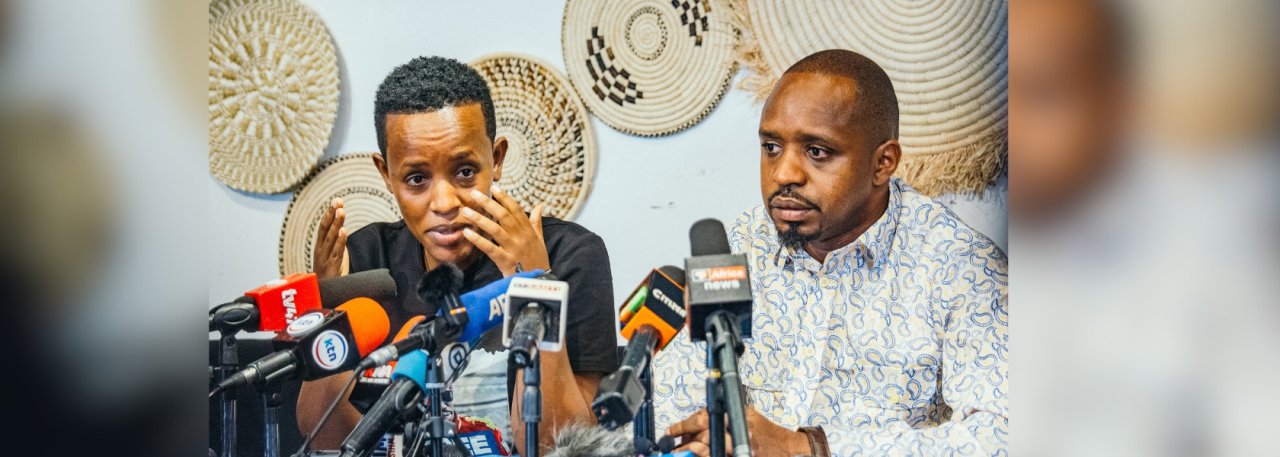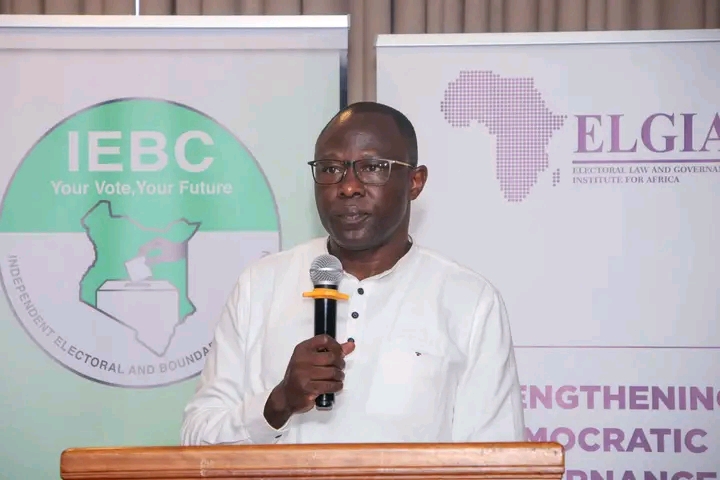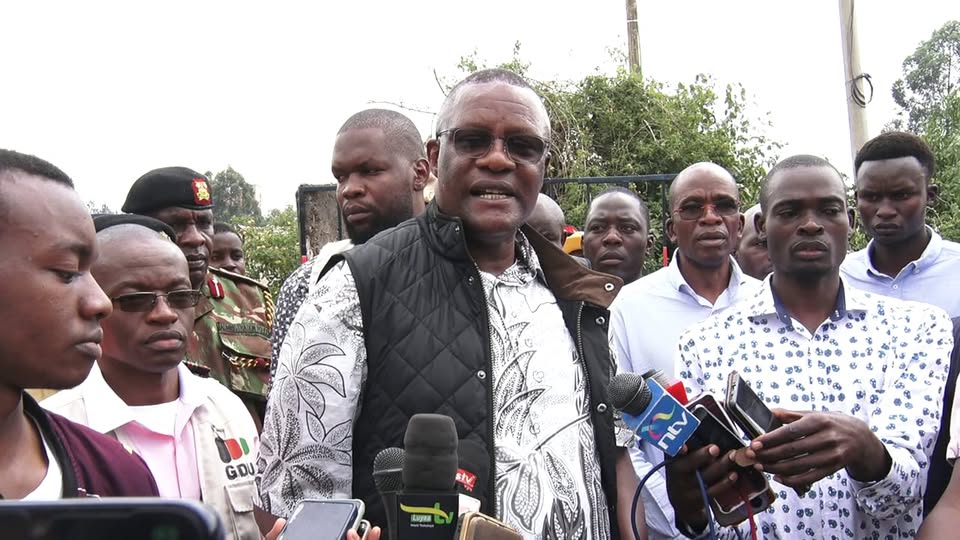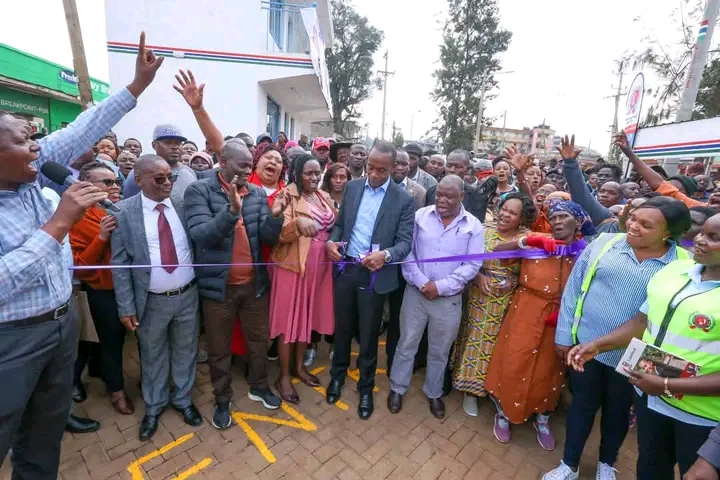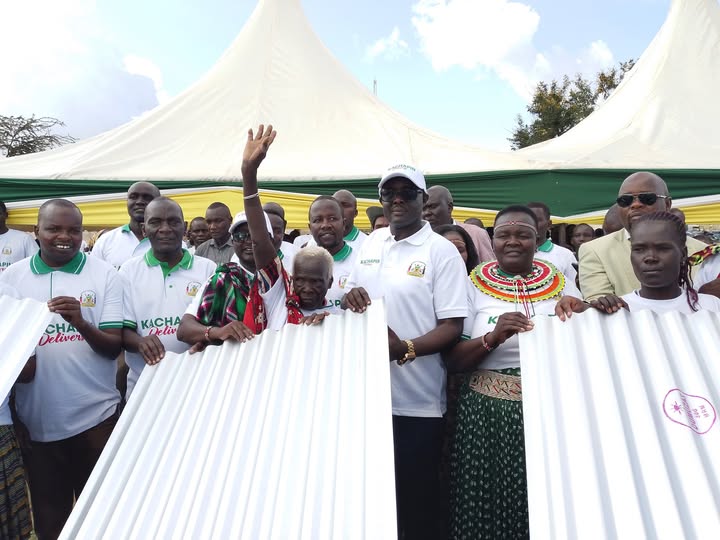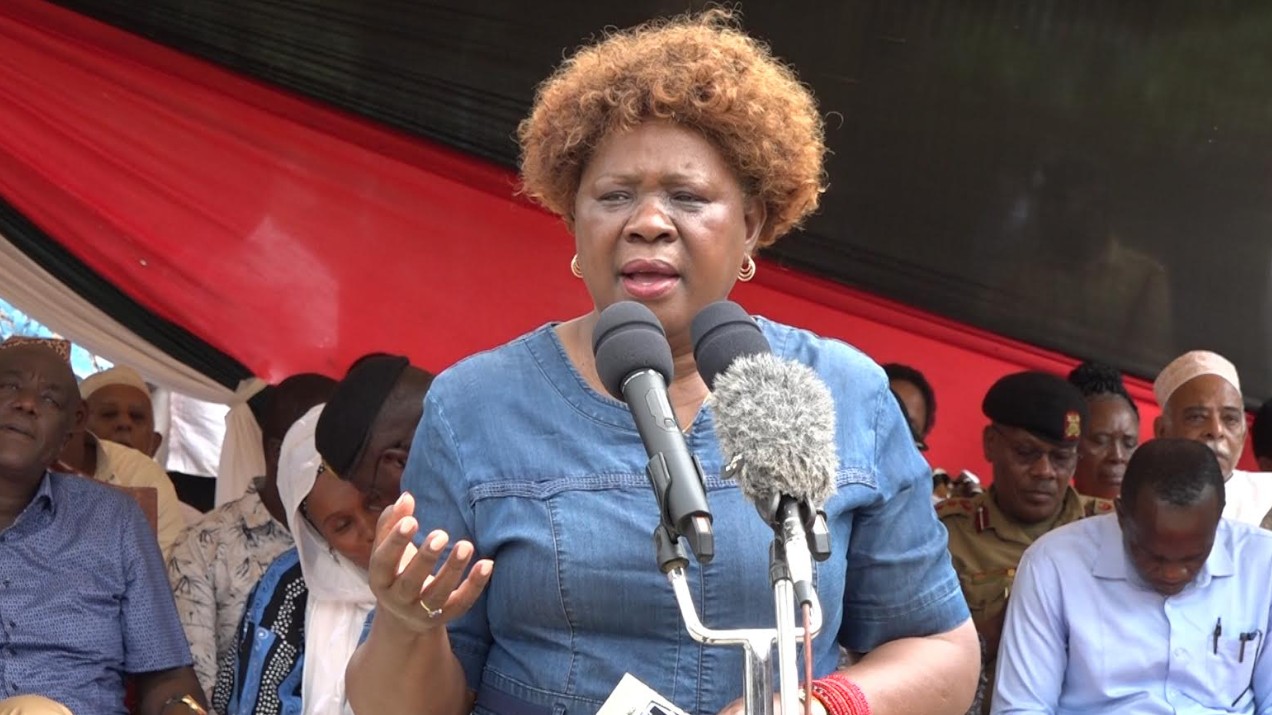Boniface Mwangi, Atuhaire Sue Tanzania Over Torture in Bold Ksh.130M Rights Battle
Activists Boniface Mwangi and Agather Atuhaire have sued the Tanzanian government at the East African Court of Justice over alleged abduction, torture, and illegal deportation. They demand Ksh.130 million each in compensation, public apologies, and psychological support. The case also implicates Kenya and Uganda for failing to protect them.
Activists sue Tanzania govt Boniface Mwangi, Agather Atuhaire sue govt of Tanzania Activists have filed a case at the East African court of justice Activists accuse Suluhu’s govt of grave human rights violations Mwangi, Atuhaire were arrested in Tanzania two months ago #CitizenFridayNight
Posted by Citizen TV Kenya on Friday, July 18, 2025
Human rights defenders Boniface Mwangi from Kenya and Agather Atuhaire from Uganda, together with seven regional civil society organisations, have taken legal action against the government of Tanzania at the East African Court of Justice (EACJ). The suit arises from a deeply disturbing incident in which the two activists allege they were unlawfully abducted, tortured, sexually abused, and deported while in Tanzania. Their case represents a broader push for justice and accountability for cross-border human rights violations in the East African region.
The petitioners accuse Tanzanian authorities of multiple violations of international law, including enforced disappearance, arbitrary arrest, detention without charge, torture, and sexual violence. These abuses, they argue, were not isolated acts but systematic and carried out with the approval—or at least the awareness—of the state. The activists believe these violations were intended to intimidate them and suppress regional solidarity among pro-democracy campaigners.
Mwangi and Atuhaire have also included the governments of Kenya and Uganda in their petition. They allege that the two neighbouring states failed to protect their citizens and residents or hold Tanzania accountable. As such, they are demanding public apologies from all three governments—Tanzania, Uganda, and Kenya—for complicity and negligence in addressing or preventing the violations.
The duo is seeking a compensation package of no less than USD 1 million each, which is roughly Ksh.130 million, citing the physical, emotional, and psychological trauma they endured. In addition to financial reparation, they are calling for structured rehabilitation, medical care, and psychological counselling. The petition underscores the long-term effects of torture and sexual abuse, including post-traumatic stress and stigma.
In a heartfelt statement, Boniface Mwangi described the experience as “evil,” claiming it was meant to break their spirit and silence them permanently. However, he insisted they chose not to suffer in silence. “We are not going to let what happened to us be forgotten or hidden. We are using the courts not just to seek justice for ourselves, but to expose the truth behind the abuse of activists in this region,” Mwangi said.
The ordeal began in May, when the two travelled to Dar es Salaam, Tanzania, to observe the treason trial of opposition leader Tundu Lissu, a known critic of the Tanzanian government. While there, they were abducted from their hotel by unidentified men who did not identify themselves as police or immigration officers. This action, they say, marked the beginning of a terrifying chain of events that left them deeply traumatised.
The two were initially taken to the Immigration Department and then detained at Dar es Salaam’s Central Police Station. After hours of being held without charge or legal representation, they were moved to an undisclosed location, where they were allegedly tortured and sexually violated. They report that during this period, they were denied access to communication, lawyers, or consular support.
Eventually, instead of being formally processed through legal channels, they were forcefully deported in what they call “a crude and illegal expulsion.” Mwangi was dumped at the Tanzanian-Kenyan border, while Atuhaire was left at the Tanzanian-Ugandan frontier—without being given any explanation or documentation. This, they say, violated regional protocols on human rights, freedom of movement, and diplomatic protection.
The activists are using this lawsuit not only to demand justice for themselves but also to highlight the growing pattern of state-sponsored abuse targeting civil society in East Africa. Their case sets a precedent for how the region addresses cross-border rights violations and could lead to a new legal framework on the treatment of activists and human rights defenders in the East African Community.


